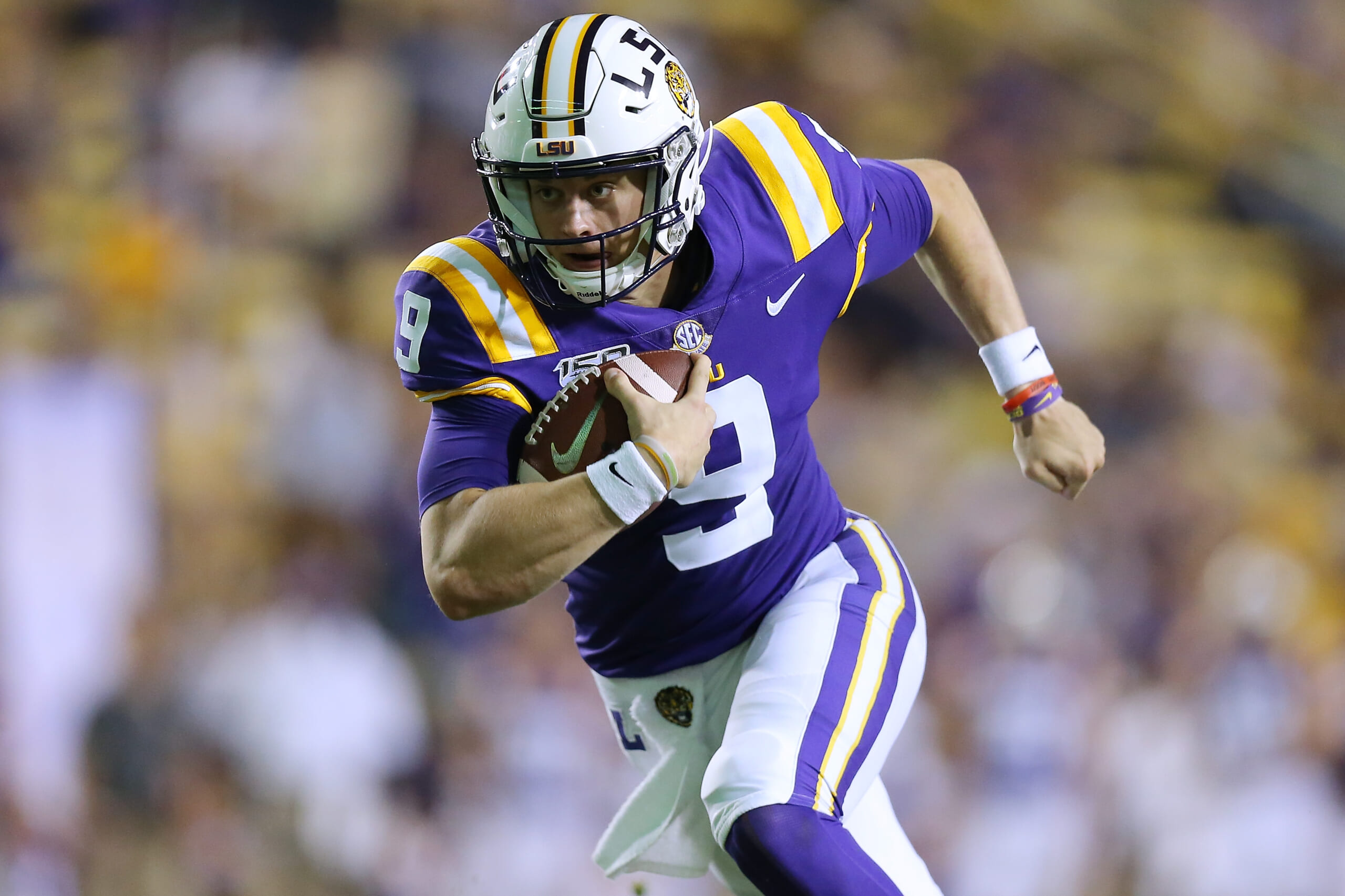NCAA Will Allow College Athletes To Profit From Their Names, Images and Likenesses In Historic Ruling
“We must embrace change to provide the best possible experience for college athletes.”

College athletes will finally be able to get paid for the use of their name, image and likeness thanks to a unanimous decision by top officials at the NCAA.
NCAA Divisions I, II and III have been directed by the organization to hash out updates to existing rules in a way that maintains a distinction between professional and college sports immediately.
“We must embrace change to provide the best possible experience for college athletes,” said Michael V. Drake, chair of the board and president of Ohio State University.
“Additional flexibility in this area can and must continue to support college sports as a part of higher education. This modernization for the future is a natural extension of the numerous steps NCAA members have taken in recent years to improve support for student-athletes, including full cost of attendance and guaranteed scholarships.”
The board also laid out principles and guidelines that the three divisions are to abide by in crafting new rules, one of which states that athletes will not be compensated directly for their performance.
- Assure student-athletes are treated similarly to non-athlete students unless a compelling reason exists to differentiate.
- Maintain the priorities of education and the collegiate experience to provide opportunities for student-athlete success.
- Ensure rules are transparent, focused and enforceable and facilitate fair and balanced competition.
- Make clear the distinction between collegiate and professional opportunities.
- Make clear that compensation for athletics performance or participation is impermissible.
- Reaffirm that student-athletes are students first and not employees of the university.
- Enhance principles of diversity, inclusion and gender equity.
- Protect the recruiting environment and prohibit inducements to select, remain at, or transfer to a specific institution.
The decision marks a dramatic change for the NCAA, which has historically taken a hard stance on preventing college athlete from making any money off of deals or sponsorships.
CNBC has further details on the NCAA’s opposing reaction to California’s “Fair Pay to Play Act.”
The organization sent a letter to California’s Gov. Gavin Newsom earlier in September opposing the state’s “Fair Play to Play Act,” arguing that it would “upend [a] level playing field for all student-athletes.”
California became the first state to pass a law that would allow college athletes to get paid for endorsement deals and hire sports agents. Despite the NCAA’s latest decision, the organization said California’s law is still “likely unconstitutional” and is considering all potential next steps as states continue to address the subject of student-athlete pay. The law takes effect in 2023.
The NCAA’s new rules could go into effect as early as 2021.
